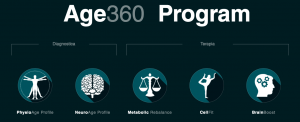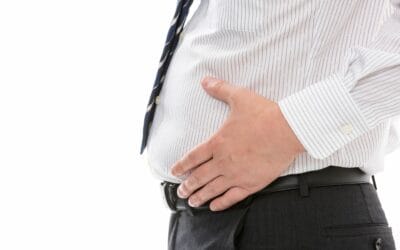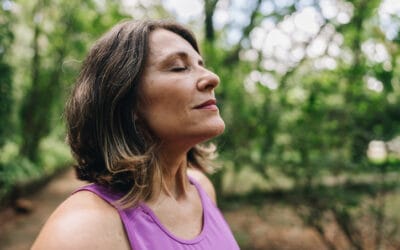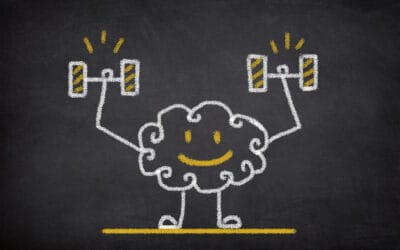A sleep test will tell us how old our brain is
Dementia riskIt grows at an exponential rate, so much so that the World Health Organization (WHO) estimates that it will affect 150 million people by 2050. It is dementia, an increasingly worrying public health problem that is still too often not correctly diagnosed. To help doctors identify the patients who suffer from it and understand who is at greater risk of getting sick, a new tool comes today from the laboratories of Massachusetts General Hospital and the Beth Israel Deaconess Medical Center: the Brain Age Index (Bai), a non-invasive sleep test capable of estimating the true age of the brain (biological ageDifferent from chronological age. It is a measure of the body's ageing, based on the effectiveness of the mechanisms that keep cells young and on markers of the functionality of organs and apparatus.) and calculating the risk of developing dementia.The number of people with dementia is expected to triple by 2050.
Assess Brain Age
The new test, relying on a simple electroencephalogram (Eeg) and an artificial intelligence algorithm, can calculate the difference between a person’s age and the biological age of his brain. The Eeg, in fact, measures brain activity during sleep, while the automatic learning algorithm compares this analysis with the chronological age and a large set of data available on sleep. From this comparison we can understand if the brain is aging faster than normal: a high Bai score, for example, indicates an abnormality in the brain aging process, which may mean a faster cognitive decline process. For researchers this is an important progress, because the electroencephalogram is a much less expensive and more practical tool (it can also be performed in non-specialized laboratories or at home, using a headset equipped with electrodes) than the MRI used so far.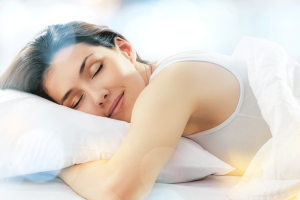
People with dementia have an average brain age 4 years older than their peers.
Predict the Cognitive Decline Risk
To assess the new test reliability, researchers have involved more than 5 thousand people in the study, including 88 with dementia, 44 with mild cognitive impairment, a thousand with symptoms of cognitive decline but no diagnosis of dementia and, finally, more than two thousand people in good health. From the analysis, published in the scientific journal Jama, scientists observed that the values of Bai grew as cognitive decline increased. But that’s not all: participants with dementia had on average a brain four years older than healthy participants of the same age. Given the ease with which an Eeg can be performed, the researchers conclude, the test could in the future become a screening tool for the development of dementia and other neuro-degenerative diseases, and to monitor the progression of the disease.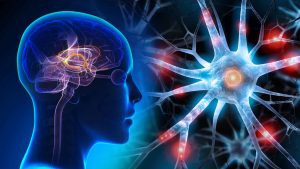
Assess Cognitive Age
Currently to assess cognitive age, the medical-scientific community uses several methods that are certainly more complex, but also clinically validated.A simple test that everyone can do to estimate their own cognitive reserve is the one developed by the University of Padua, whose results can then be discussed with a specialist.Within the Age360 Program, Solongevity has developed a diagnostic protocol NeuroAge Profile, which evaluates cognitive age and risk factors by combining a series of hematochemical, genetic and epigenetic tests with the evaluation of skills in different domains, with the aim of developing personalized programs of maintenance, recovery and enhancement of neurocognitive performance.